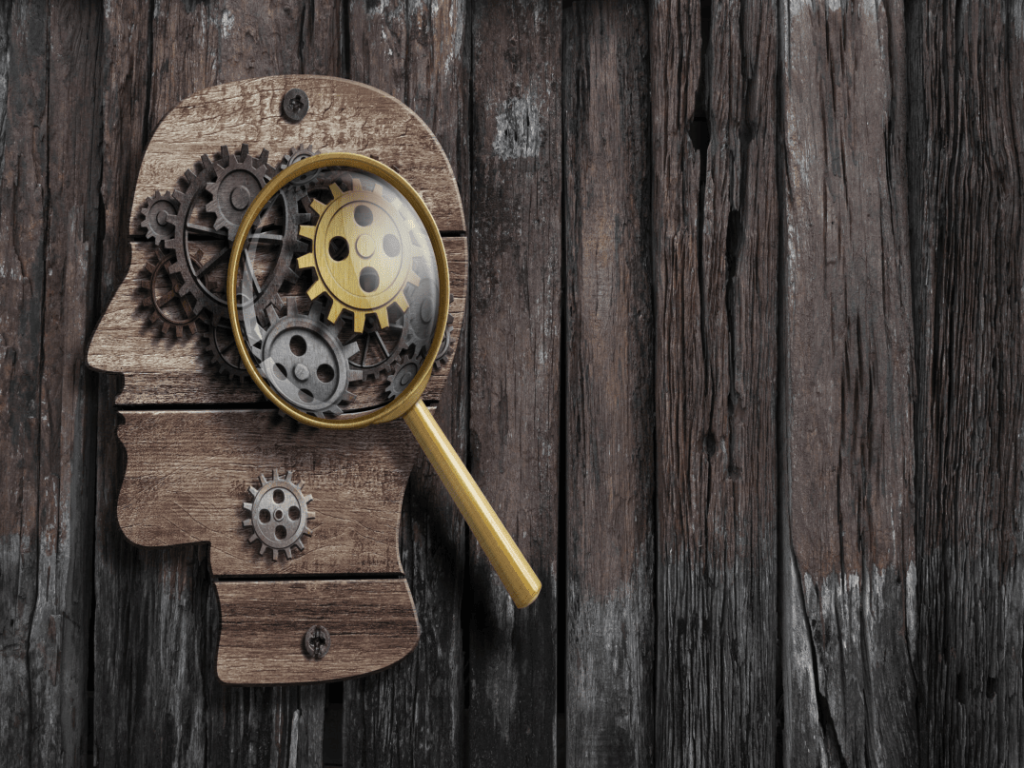Ready to travel back in time? Let’s explore some incredible Arab inventions that helped build our modern world. If you’ve ever wondered, “what did Arabs invent?” you’re in for a treat. The Islamic Golden Age, from roughly the 8th to 14th centuries CE, was a period of brilliant minds and groundbreaking discoveries. During this time, the Arab and Muslim world was a true center of knowledge and innovation. This era saw countless Arab inventions that profoundly impacted various fields and laid the groundwork for future progress. Let’s dive into some of these remarkable contributions and celebrate the ingenuity of Arab invention.
The Golden Age of Arab Inventions: A Flourishing of Knowledge
The Islamic Golden Age was a period of unprecedented intellectual and scientific activity across the vast Islamic empire. Thinkers and scholars of all backgrounds worked together. It didn’t matter if they were Arab, Persian, or Turk. They built on the knowledge of ancient Greek, Roman, and Indian civilizations. Then, they added their own new ideas. Arabic became the main language for scholarship. This made it a powerful tool for scientific discussion and discovery.
What Did Arabs Invent? Groundbreaking Discoveries Across Fields
The range of Arab inventions is truly astounding, touching almost every aspect of human endeavor:
Mathematics & Astronomy: The Language of Numbers and Stars
- Algebra (الْجَبْر – al-jabr): The very word “algebra” comes from the title of a book by the Persian polymath Muhammad ibn Musa al-Khwarizmi (c. 780 – 850 CE). He developed systematic methods for solving linear and quadratic equations, revolutionizing mathematics.
- Algorithms: The term “algorithm” also derives from Al-Khwarizmi’s name, reflecting his systematic approach to problem-solving.
- Arabic Numerals & Zero: While originating in India, Arab scholars played a crucial role in adopting, refining, and spreading the Hindu-Arabic numeral system, including the concept of zero, which became foundational to modern mathematics.
- Observatories & Astrolabes: Arab astronomers built advanced observatories and refined the astrolabe, a complex instrument used for celestial navigation and timekeeping.
Medicine & Surgery: Healing and Advancing Human Health
- Hospitals: The first hospitals as we know them today, with wards, teaching centers, and free care for all, were established in the Islamic world (e.g., the Ahmad ibn Tulun Hospital in Cairo, 872 CE).
- Surgical Instruments: The renowned physician Abulcasis (Abū al-Qāsim al-Zahrāwī, 936–1013 CE) is considered the “father of modern surgery.” He authored a 1,500-page illustrated encyclopedia of surgery, describing hundreds of surgical procedures and inventing instruments like scalpels, forceps, surgical needles, and the use of dissolving catgut for sutures.
- Anatomy & Pharmacology: Scholars like Ibn Sina (Avicenna, c. 980 – 1037 CE) compiled vast medical encyclopedias, and Arab pharmacists established the first apothecaries and developed new drugs through distillation and purification.
Chemistry & Alchemy: The Science of Transformation
- Distillation: Jabir ibn Hayyan (Geber, c. 721–815 CE), often called the “father of chemistry.” Born around 721 CE, he was a true innovator. He invented many chemical processes and tools. One of his key inventions was the alembic still. This tool was essential for distillation. It was a huge step forward for making things like alcohol and perfumes.
- Scientific Method: Arab chemists emphasized experimentation and observation, laying groundwork for the modern scientific method.
Engineering & Mechanics: Ingenuity in Motion
- Automata & Clocks: Engineers like Al-Jazari (1136–1206 CE) designed and built intricate mechanical devices, including advanced water clocks, automatons (early robots), and hand-washing machines with flushing mechanisms. He’s often called the “father of robotics.”
- Crankshaft: Al-Jazari is also credited with the invention of the crankshaft, a revolutionary device that converts rotary motion into linear motion, fundamental to countless machines today.
- Water Management: Sophisticated irrigation systems, water wheels, and aqueducts were developed and refined to manage precious water resources.
Optics & Light: Understanding Vision and Beyond
- Camera Obscura: Ibn al-Haytham (Alhazen, 965–1040 CE) is considered the “father of optics.” He famously disproved the ancient Greek theory that light emitted from the eye, proving instead that humans see by light reflecting off objects and entering the eye. He also invented the pinhole camera (camera obscura).
- Lenses: His work on lenses and mirrors laid the foundations for the invention of spectacles, magnifying glasses, and eventually, modern cameras.
Other Notable Arab Inventions:
- Coffee: Originating in Yemen around the 9th century, coffee (قهوة – qahwa) became a global beverage, first consumed to help Sufis stay awake during devotion.
- University (Degree-Granting): The world’s first degree-granting university, Al-Qarawiyyin in Fez, Morocco, was founded by a Muslim woman, Fatima al-Fihri, in 859 CE.
- Toothbrush: The use of the miswak twig for oral hygiene was popularized by the Prophet Muhammad (peace be upon him) in the 7th century, predating modern toothbrushes.
The Enduring Legacy of Arab Invention
The period of Arab invention was not isolated but formed a crucial bridge between ancient knowledge and the European Renaissance. Arab scholars meticulously preserved, translated, and built upon the works of earlier civilizations, then disseminated their own advancements. This intellectual transmission profoundly influenced fields like mathematics, medicine, and engineering in Europe, shaping the modern world as we know it. The very “invention of Arabic” as a scholarly language facilitated this widespread sharing of knowledge.
Understanding what did Arabs invent is key to appreciating the profound and lasting impact of Arab civilization on human progress. Their legacy continues to inspire innovation and curiosity.
Ready to explore the Arabic language and culture that fostered such incredible ingenuity? Visit www.kaleela.com and download the Kaleela Arabic learning app today! Our comprehensive lessons provide cultural insights alongside language learning, helping you truly connect with the rich history of Arab inventions and the vibrant language that carried them to the world!



